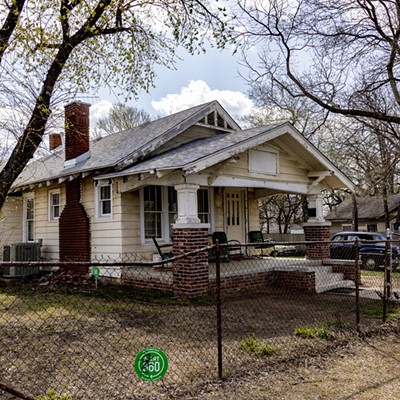Best of all, the dirty work is done for free by bazillions of invisible, bacterial workers that never take breaks, vacations or even ask for raises.
The result is compost.
“The value is black gold,” said Zitterkob, co-founder of Fertile Ground Compost Services with Craghead.
At any given time, the duo has piles of what many might consider disgusting, decomposing muck: banana peels, meat scraps, sawdust, newspapers, plus a cadre of other food products.
Dig deep
Fertile Ground will convert about 40 tons of waste at an urban farm this year into organic compost, making it one of the first private composting operations in the metro available for commercial and residential services.
Demand has increased as people become more environmentally conscious. Currently, the company’s core business focuses on restaurants where there is tremendous food waste. By offering a full-service waste solution, Fertile Ground makes recycling easy.
Through a simple sorting system, the service picks up recyclables and bagged compostables, plus landfill trash in a lidded dumpster. Waste volume determines collection frequency.
Besides doing restaurant rounds, it offers residential services, too. Fertile Ground provides customers with a clean, 5-gallon bucket, which is set out once a week for pickup.
The company composts the material and subsequently returns a certain quantity of finished compost some nine months later (average compost time) for use in a home garden. Plans start as low as $30 a month.
“We are as interested in spreading the idea of compositing as a business,” said Craghead. “Composting is important as we deplete our resources.”
Green leaf
Part of Fertile Ground’s mission is to provide educational information about an often misunderstood biological process that dates back to earth’s first plants.
If you’ve slept since science class, here’s a brief refresher: Decomposition occurs naturally, but the process can be encouraged when food waste (“greens”) is thoughtfully combined with bulking agents (newspaper, wood chips, leaves), or “browns.” Finally, the materials homogenize over time.
Compost is used by farmers, gardeners and landscapers to improve soil structure and reduce the need for synthetic pesticides, fertilizers and herbicides, which are considered damaging to the environment.
Zitterkob and Craghead said that composting’s most common pitfall — that stinky smell — is easily avoided if you follow one simple rule: Use a 2-1 ratio of browns to greens.
“People make the mistake of putting in too many food scraps,” said Zitterkob. “If you put the [browns] on top, you avoid food smells and flies.”
Amazingly, an astounding amount of all these materials are found taking up space in local landfills. The Environmental Protection Agency documented that yard trimmings and food scraps together constitute 27 percent of the U.S. waste stream.
The pair believes it’s possible to divert that “trash,” and convert it into a commodity.
“We think of clean air and water, but not clean soil,” said Zitterkob. “It’s a basic element.”











